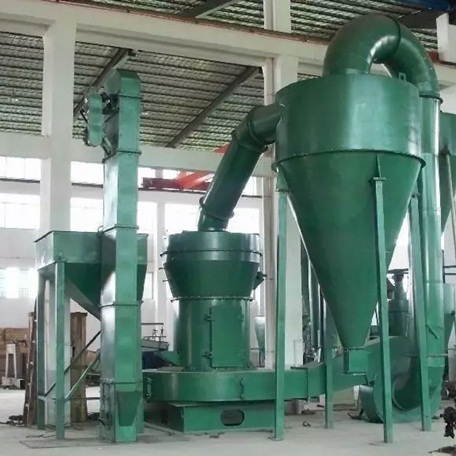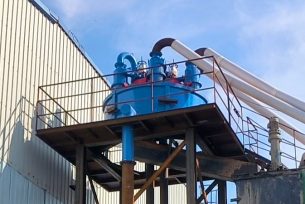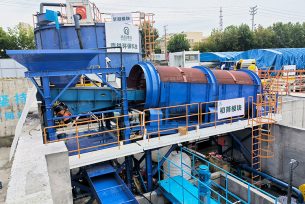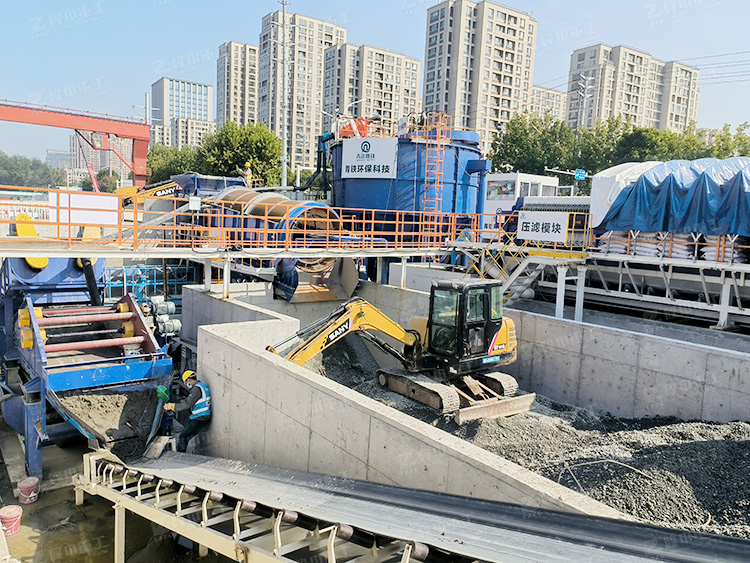High-quality ceramics cannot exist without ultrafine grinding mills
 November.11,2025
November.11,2025
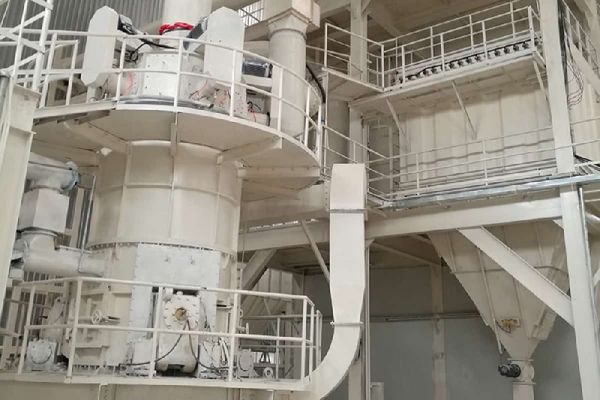
For ceramic products, there are strict standards for the quality of kaolin. It must possess suitable plasticity, binding properties, drying shrinkage, drying strength, sintering shrinkage, sintering properties, refractoriness, and whiteness after firing. In particular, the content of elements such as iron, titanium, copper, chromium, and manganese is crucial; their presence can reduce whiteness after firing, form spots, and affect the appearance of the finished product.
Regarding particle size, finer kaolin is generally considered more beneficial for the plasticity and drying strength of ceramic slurry. Ultrafine grinding mills can produce fine kaolin particles. However, in processes requiring rapid casting, slurry pouring, and dehydration, it may be necessary to adjust the particle size of the raw materials to meet the demands of rapid production. Furthermore, the degree of crystallinity of kaolinite within the kaolin significantly affects the processing performance of the ceramic body. Kaolin with a high degree of crystallinity has lower plasticity, stronger binding capacity, less drying shrinkage, higher sintering temperature, and less impurity content. On the contrary, kaolin with a low degree of crystallinity has higher plasticity, greater drying shrinkage, lower sintering temperature, and relatively higher impurity content.


